If you are planning to climb the Matterhorn or The Eiger in the coming summer, it’s a great idea to participate in one of our training and warm up weekends in Snowdonia. This is a great way to hone the necessary skills, increase fitness and enjoy some great climbing. By making an early investment in your fitness and skill-base you can enhance your forthcoming trip and ultimately increase your summit success.
Our weekends offer quality instruction from IFMGA guides and the opportunity to meet like-minded people in a splendid environment. We can offer valuable feedback on your level of fitness and advice on your personal training schedule. In addition, we can review your equipment and make sure it is just right before your trip starts.
A successful ascent of the Matterhorn and The Eiger demands a lot from the mountaineer. Fitness and determination are paramount but also technical competence and sure-footedness are hugely important. On the summit day, you will need to be fit and confident, climbing fluidly on the easier ground and then able to step-it-up for the short, steep pitches and fixed ropes. Mental preparation is also important with the ability to concentrate on a long 8-11 hour day. On easier alpine peaks, simply having good fitness is enough, and the technical work can be learned ‘on the go’.
However, the Matterhorn/Eiger requires a more structured and determined approach. The best type of training is to mimic the Matterhorn itself by climbing up and down as many grade 2 and 3 scrambles as possible to get comfortable with the terrain. The priority is mountain fitness and efficient movement skills wearing the same boots as you will use on the Matterhorn, and carrying a rucksack. There are plentiful opportunities to do these types of days in Snowdonia. Examples of circuits could include:
- Beginning at Idwal Slabs and continuing up Seniors Ridge and descending the Gribin Ridge
- Little Gully on Tryfan, on to Bristly Ridge, down Gribin, across to Bwlch Tryfan, climb Tryfan and descend the North Ridge
- The Snowdon Horseshoe, possibly going up via Lliwedd and down via Crib Goch
Our two day preparation weekend in Snowdonia address all the elements which combine to make a successful ascent of the Matterhorn. It also gives you the chance to meet other climbers and get some great climbing done in the UK.
Day Itinerary
-
Day 1: Scrambling and Rock Climbing
On the first morning at 8.30am, we review the weather forecast, assemble suitable equipment and plan our route using maps and guide books. Typically our first hill day will be between 6-8 hours and will involve a mixture of scrambling and rock climbing. We focus on movement and sure-footedness using ‘big boots’. The morning is spent climbing a grade 2 scramble and the afternoon is spent practising on rock climbs graded D(difficult) and VD (very difficult).
-
Day 2: Grade 3 Scramble
A day with plenty of mileage, we step up the level to a grade 3 and get used to climbing for a full day, practising movement both up and down. Possible route choice includes:
- Bilberry Terrace on Y Lliwedd
- Parsons Nose from the Llanberis Pass
- East Face of Tryfan
- Clogwyn y Person Arete,
- Idwal Slabs
- Cneifion Arete
- North-West face of Glyder Fach
The objective is to simulate the terrain and type of climbing experience on the Matterhorn. This can be chalked up as valuable endurance training and also gives you feedback on your fitness level, where you are at and what needs to be done.
Once back at valley level, we have a well-earned cafe stop and a final debrief over tea and cake before a late afternoon departure on Sunday.
 Off-Piste
Off-Piste Ski Touring
Ski Touring Via Ferrata
Via Ferrata Ice Climbing
Ice Climbing Alpine Glacier Trekking
Alpine Glacier Trekking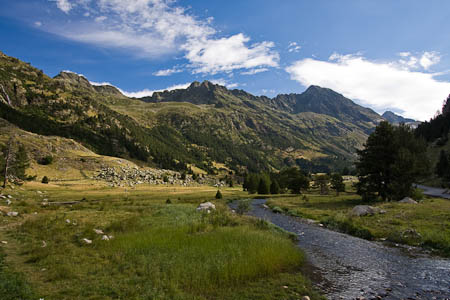 Worldwide Trekking
Worldwide Trekking





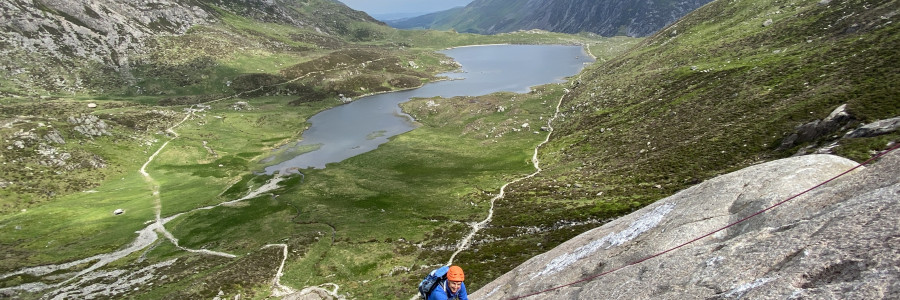


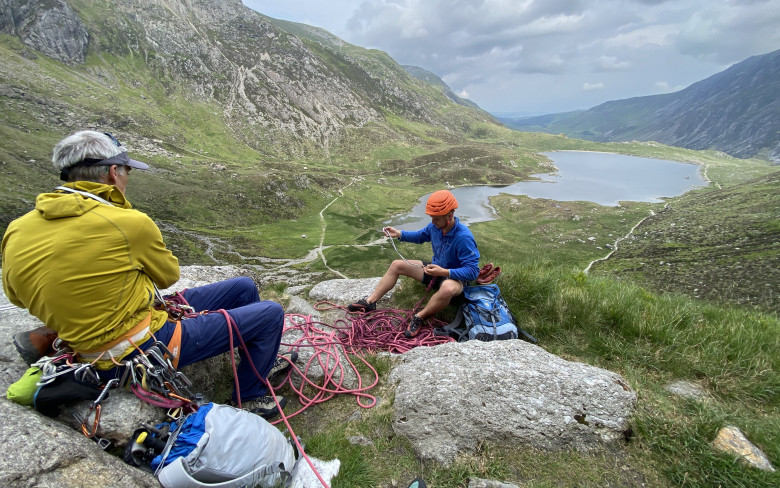
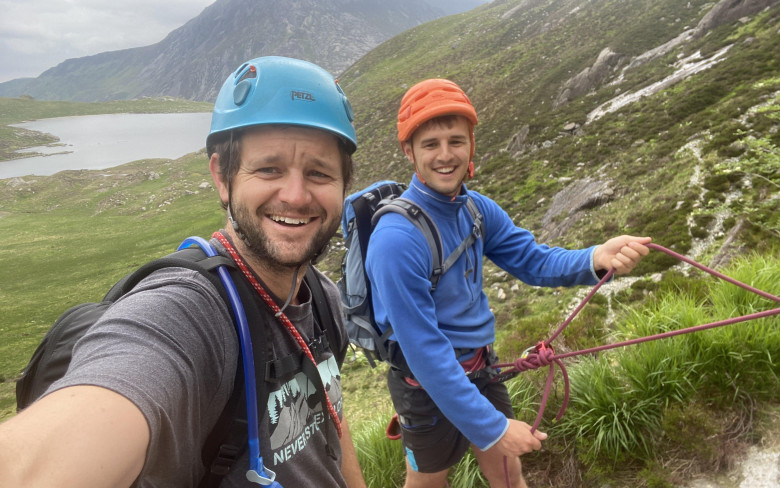
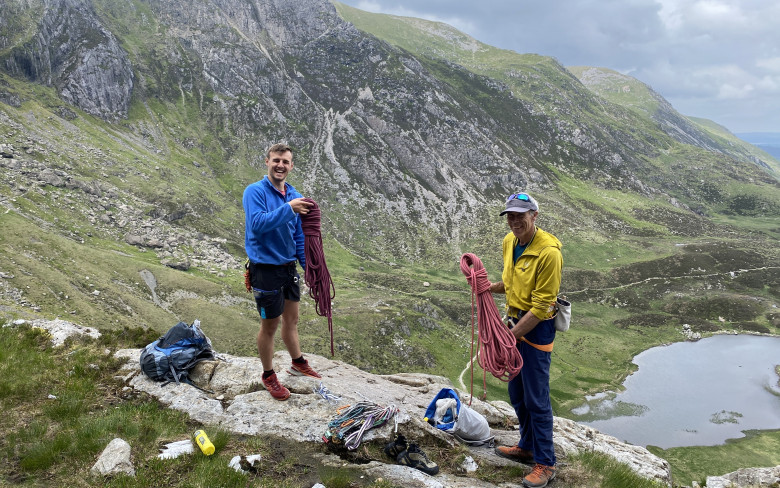
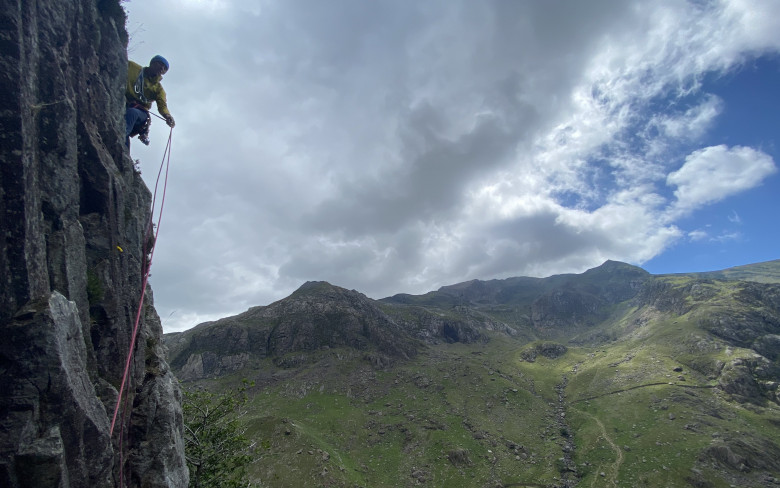
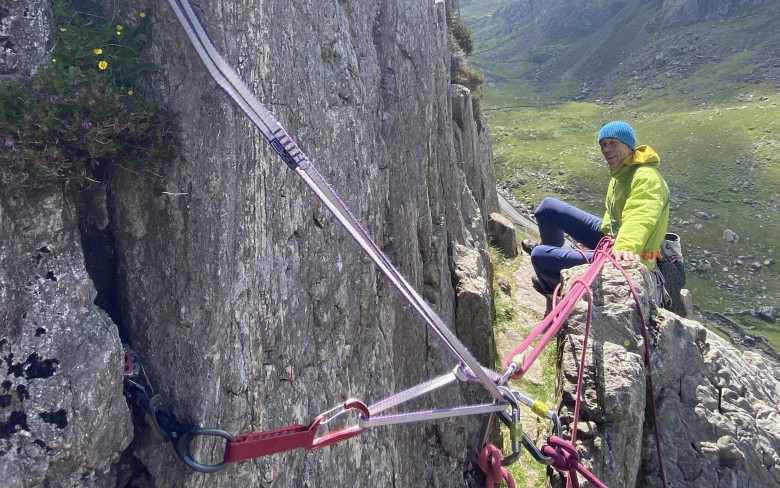
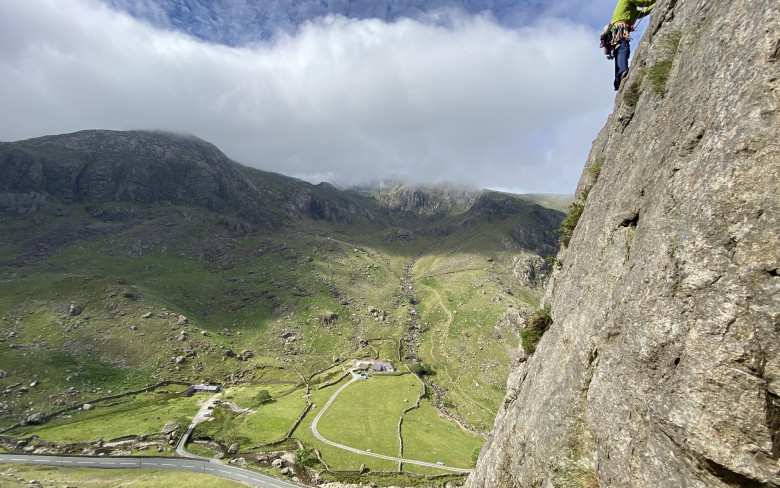
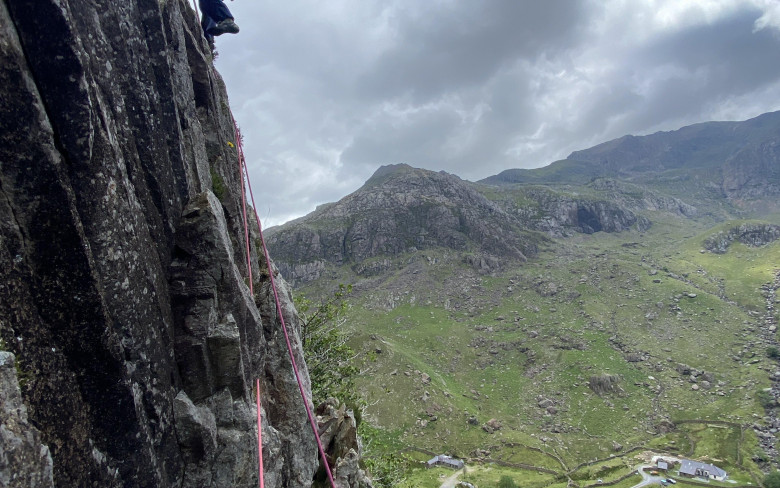
 Travel Website Development
Travel Website Development